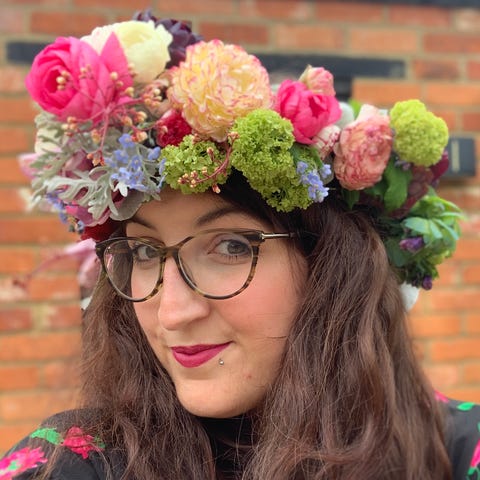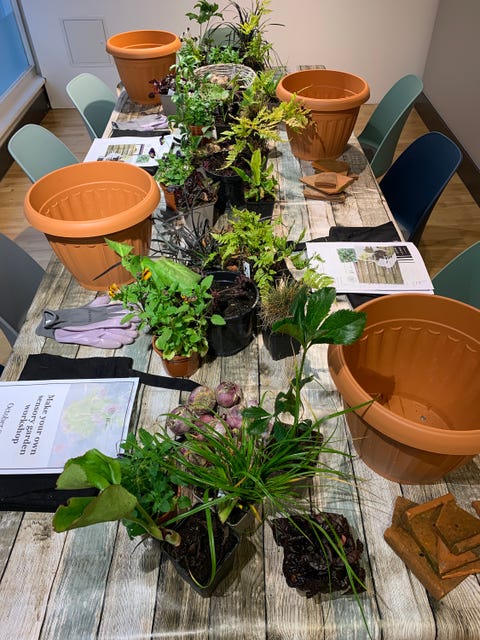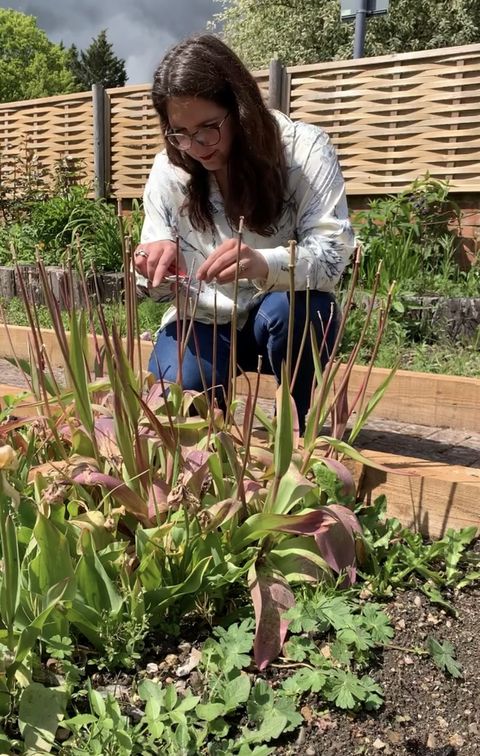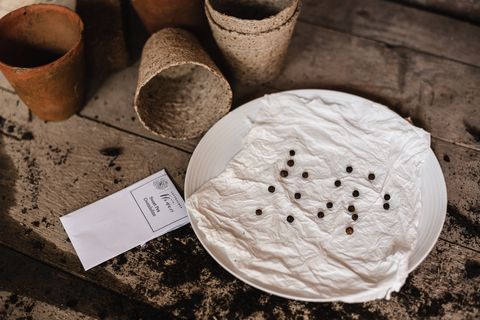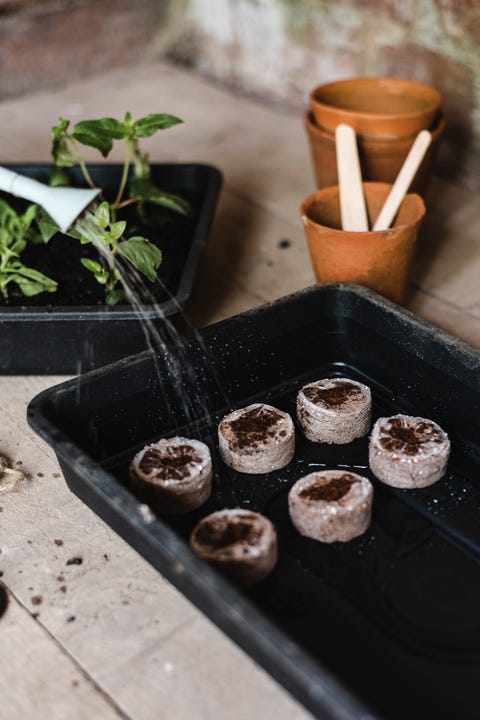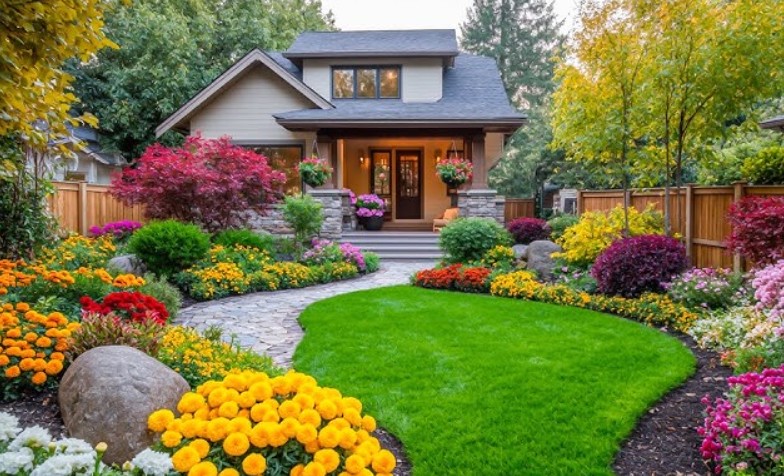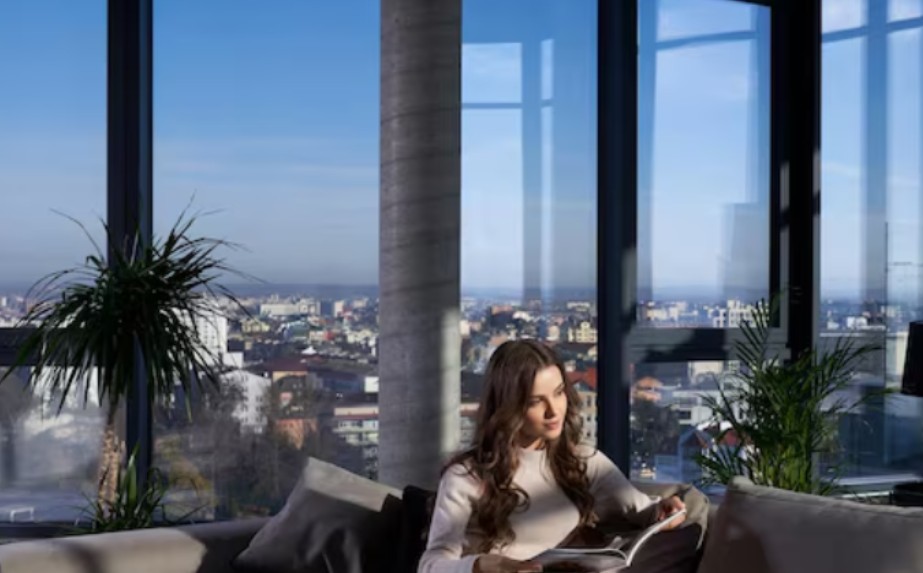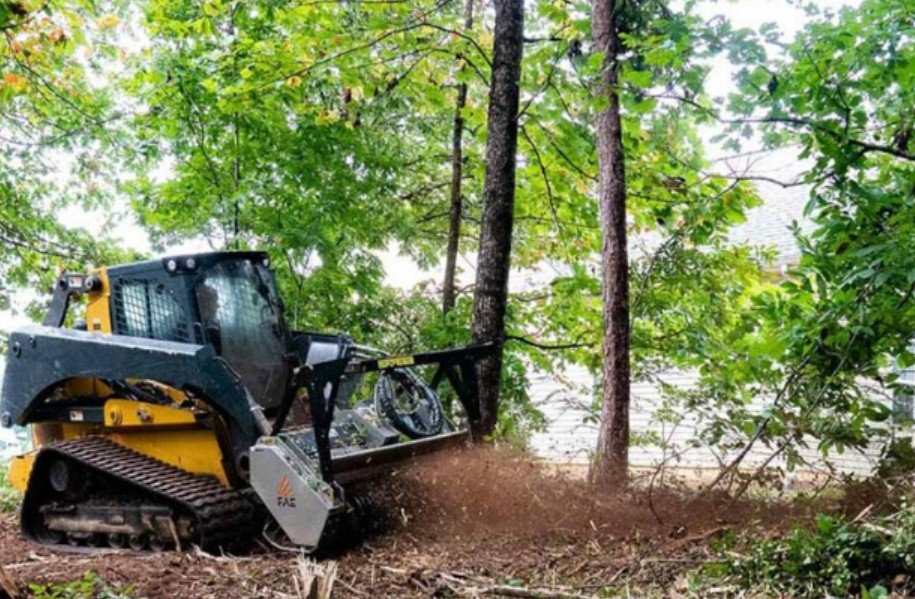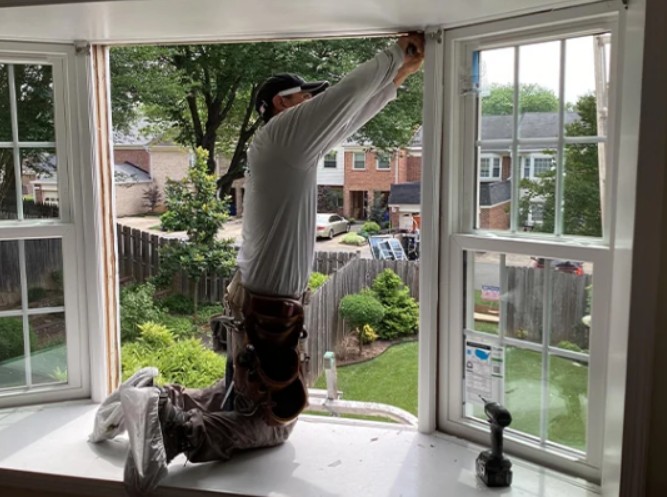It’s common knowledge that gardening has a positive impact on mental health and wellbeing. In fact, a 2021 study conducted by the Royal Horticultural Society (RHS) in collaboration with the University of Sheffield and the University of Virginia, showed people who garden every day have wellbeing scores 6.6 per cent higher and stress levels 4.2 per cent lower than those who do not garden at all.
As a result of the global pandemic, cost of living crisis, and growing mental health issues, there have been reports of a dramatic increase in stress, anxiety and depression. Kendall Platt, horticultural therapist and the mindful gardening coach at Adventures With Flowers, provides tips, exercises and support groups to people who need quick and effective approaches to help them use gardening as a tool for improving their mental wellbeing.
One client said since working with Kendall she has ‘started seeing results instantly’ and has newfound confidence to try both mindfulness and gardening. ‘My self esteem has grown along with my seedlings,’ she explained.
Here, Kendall tells us exactly what she does, how she helps time-poor women with wellbeing garden sessions, and how we can try mindful gardening ourselves.
What does being a mindful gardening coach involve?
KP: A mindful gardening coach is someone that teaches you how to use gardening to practice mindfulness. The vast majority of my clients have never gardened before or they have dabbled but aren’t really sure what they are doing and would like to grow their gardening skills to improve their wellbeing.
I have personally used mindful gardening for eight years to maintain my mental wellness and to help me navigate emotionally difficult situations such as bereavement, redundancy, workplace bullying, the loneliness of new motherhood, and the pandemic.
When I had my first daughter I had an overwhelming urge to change how women took care of themselves both for her and future generations of women. The best way I knew how to do that was through mindful gardening. So I trained as a horticultural therapist and started running mindful gardening workshops. The pandemic meant I started to offer online services and now I offer both online sessions and in person groups and one to one sessions.
How is it different from regular gardening?
KP: Regular gardening in itself is known to be very good for mental wellbeing, but we don’t all have hours to spend out in the garden. The techniques I teach, some of which can be done in just five minutes, help the mindful gardener to get into a flow state more quickly thereby feeling calmer and reducing stress levels in shorter periods of time.
What are the benefits to mindful gardening?
KP: My top five benefits are:
- It allows you to get a sense of clarity. Whether that be on something you are struggling with emotionally or a creative project you are working on.
- It helps stress, worry and self-doubt fade into the background.
- It helps you to feel good in the moment and leaves you with a lasting sense of happiness and fulfilment long after your mindful gardening session has ended.
- It grows your confidence, self worth and enables you to feel proud of what you’ve grown.
- It re-energises you and helps to clear that afternoon brain fog.
Is mindful gardening more important now than ever before?
KP: Today’s society measures our worthiness on how productive we are, but mindful gardening allows us to focus on and enjoy the journey regardless of the outcome. It teaches us that no matter how much we might like to, we can’t control everything because mother nature also has her part to play. It allows us to slow down, step off the hamster wheel of life and just be in a green space that mentally, emotionally and physically nourishes us.
Do you find a pattern in the people who come to you?
KP: Most of my clients are busy women who struggle to prioritise themselves amongst all the other demands (work, kids, running a household). They often feel like they have lost themselves in life and they want to use gardening as a way to reconnect with themselves, their loved ones and the world around them. Many of them struggle with anxiety and/or high stress levels and they don’t know where to start when it comes to slowing down. The methods I share with them can be done in just five minutes to fit into even the busiest of lifestyles.
So what are the essentials for mindful gardening? How do we get started?
KP: All you need is a patch of soil or a container and some compost. Plus, some seeds, bulbs or plants to delight the senses and a ‘have a go’ attitude.
Engaging your senses in every part of the process accelerates the process of getting into the flow state. For example: Take a handful of compost and bring it up to your nose before you put it into the container. Close your eyes and breathe in its scent. What does it remind you of? As you put the compost in the container, focus on the sensations of the compost falling through your fingers.
Give your seed packet a little shake, imagine what the seeds might look like. Will they be round, flat, smooth or spiky? Tip the seeds on to your hands, notice everything about them. As you place the seeds onto the surface of the compost, gently press them down.
Notice the colour change of the compost as you water your seeds before placing them in a greenhouse or on the windowsill to start growing.
Why is gardening good for you?
KP: Studies show that those who garden every day have wellbeing scores 6.6 per cent higher and stress levels 4.2 per cent lower than people who don’t garden at all. This has the same positive impact on wellbeing as undertaking regular, vigorous exercise like cycling or running. It helps to keep your body healthy as well as your mind, both by getting you physically active and providing fresh homegrown food for you to eat.
Follow House Beautiful on Instagram.

